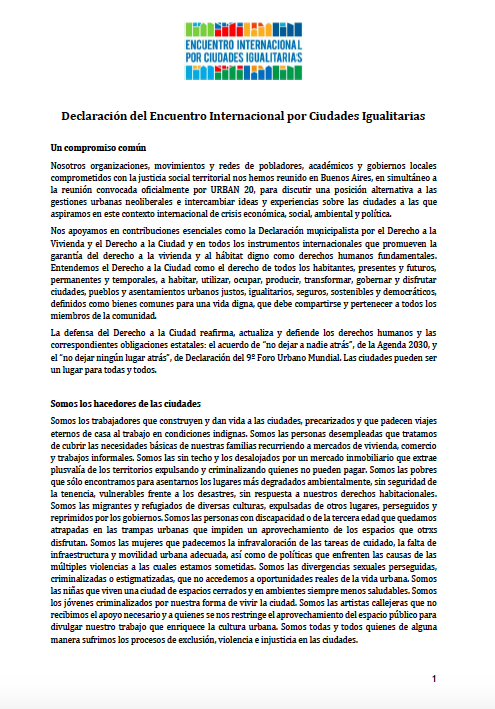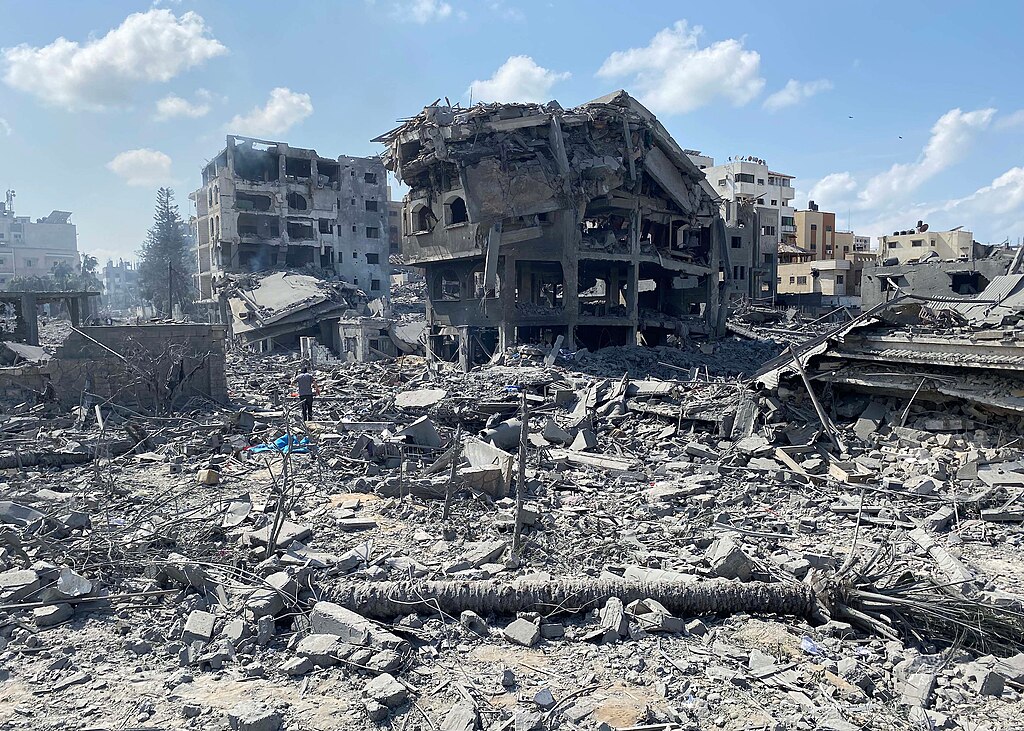The roots of the urban exclusion
The social involvement and its dimension as result from the transforming changes of the towns, is an aspect that can no longer be ignored. Housing access has turned to be a problem for many social categories.
World-wide economical interests and the growing discrepancy between social needs and economics are affecting all levels of society, but particularly the local level, where it is possible to verify a new exclusion form: the urban displacement.
Historic towns, especially the European ones, and more precisely the historic urban centres, are emptied out of their inhabitants, sometimes in a quick and violent manner.
The sudden rise of rents and building/estates speculation force the tenants to surrender and give up, often through eviction, their houses, their neighbourhoods and their usual environment. Then, it seems that the town centres where the social-economical pressure is high become a real centrifugal force, the victims of which are those residents and citizens belonging to popular working classes.
Several studies and reports about the problem of towns transformation, are available. Nevertheless, these research projects often lie dead in some drawer and even if or when they are utilized to elaborate the integration policies, they show very little correlation with the concerned subjects.
Actually, a true systematic way to collect and display the available data, does not exist nor is there an utilization of the accumulated experiences coming from the various international partners, particularly from the European Union countries.
The fragmentation and scattering of this knowledge negatively affect the associations and the subjects involved in the urban problem, since they must face the challenge of how to overcome the displacements struggle every time.




